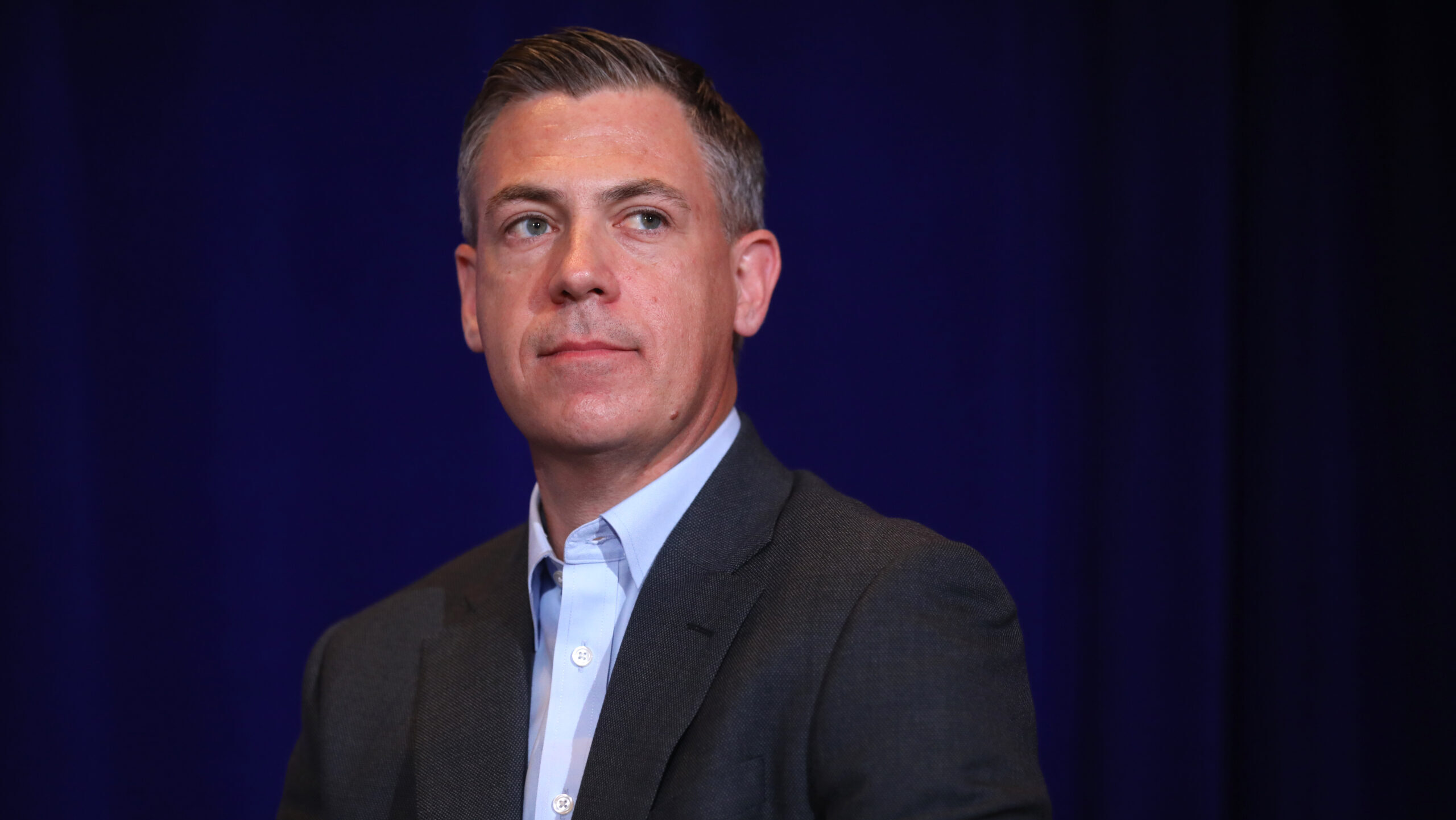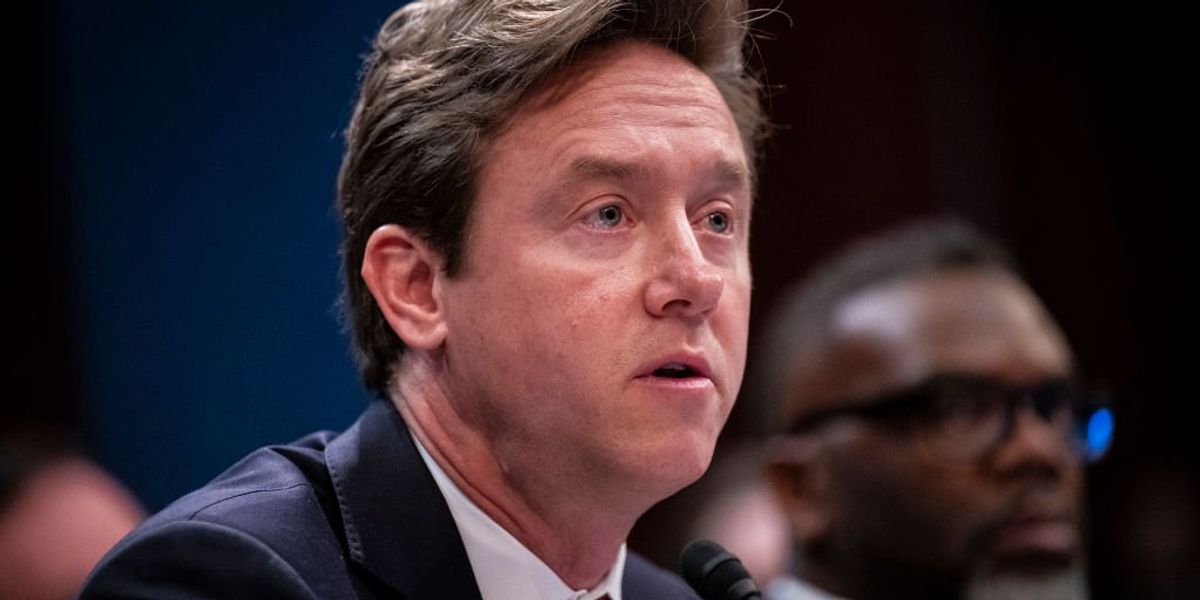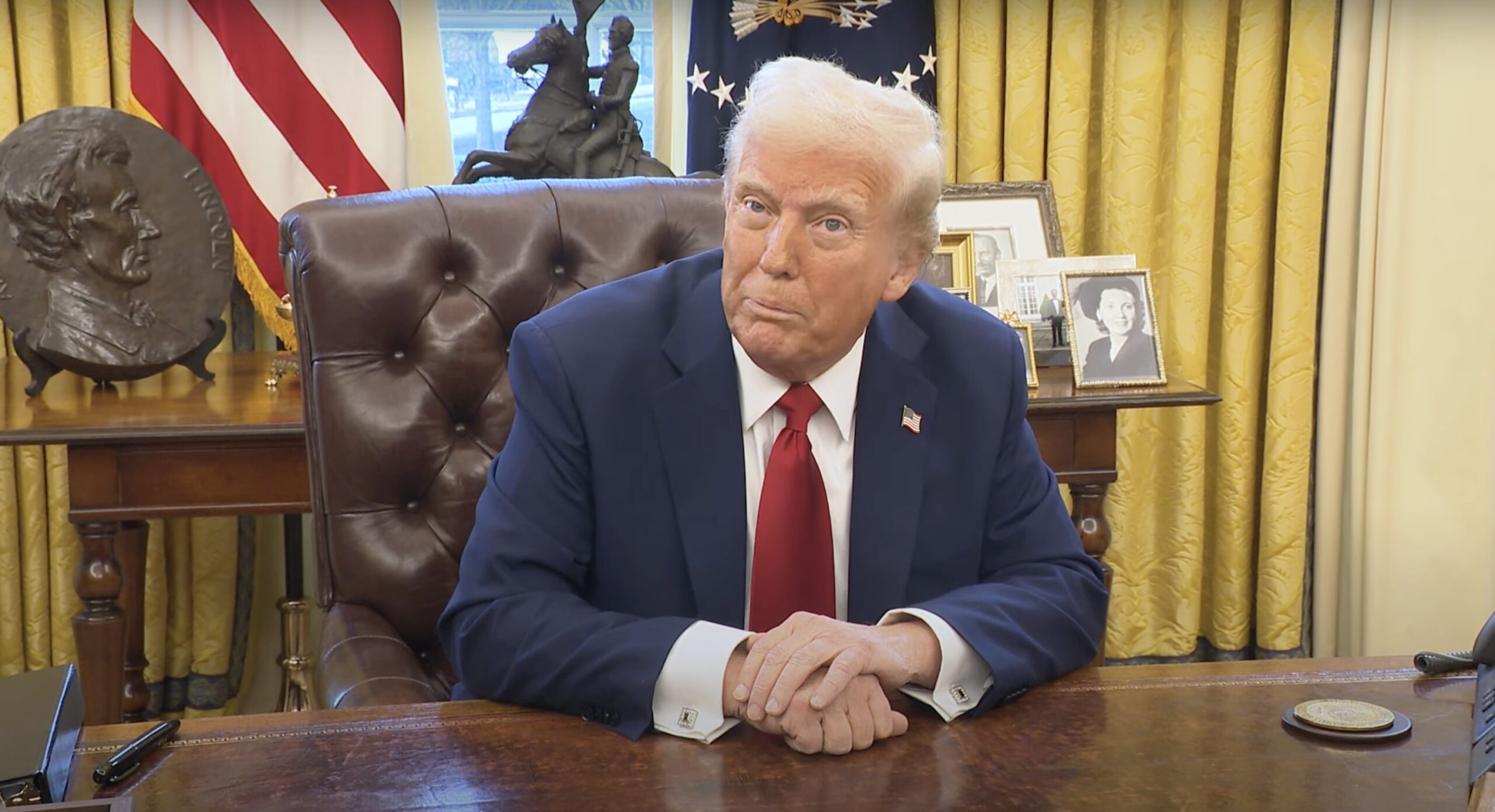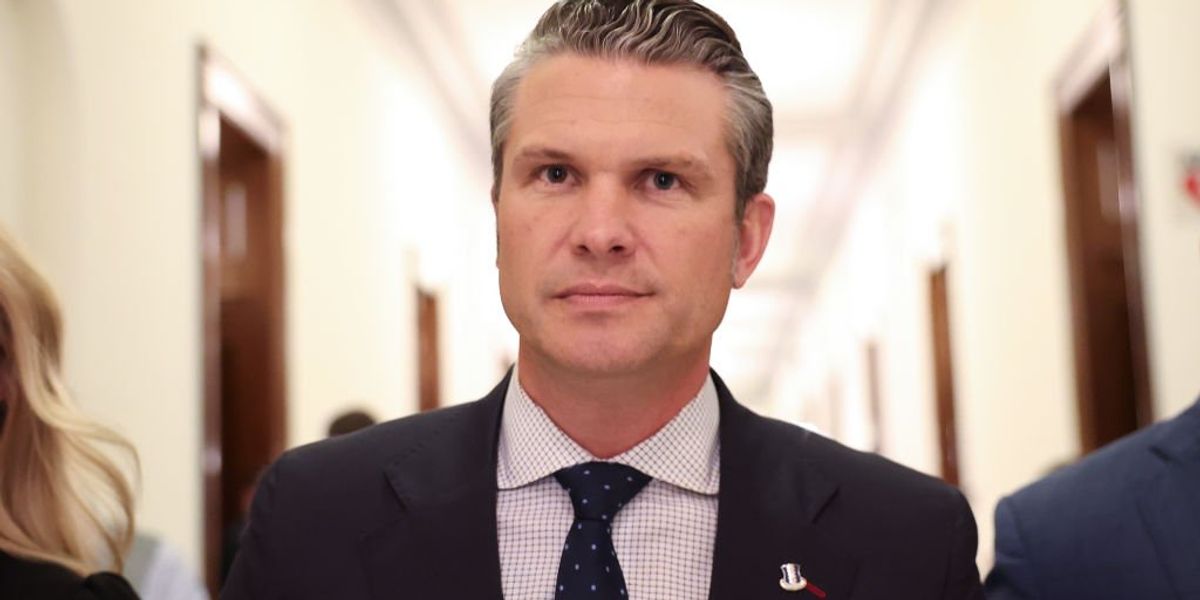Senator Jim Banks from Indiana has urged Secretary of State Marco Rubio to delve into allegations involving the Biden administration’s approach to foreign aid and pro-abortion policies.
A report by The Daily Signal in December 2024 highlighted that the administration was allegedly coercing Sierra Leone to enact a pro-abortion bill, named the ‘Safe Motherhood Act,’ to secure aid for affordable electricity. The Act would allow abortions up to 14 weeks for any reason and up to birth to safeguard the “mental health of the woman,” despite abortion being legal to save a woman’s life in Sierra Leone.
According to The Daily Signal, the Millennium Challenge Corporation (MCC), a U.S. foreign aid agency, is accused of threatening to withhold aid from Sierra Leone unless the country’s parliament passes the controversial bill. A former senior U.S. government official, familiar with West African affairs, informed The Daily Signal of these allegations. However, the MCC has denied any such actions.
In his letter to Secretary Rubio, Senator Banks expressed concern over the MCC’s alleged pressure tactics under the Biden administration. He stated, “I write to you regarding the Millennium Challenge Corporation’s actions under the Biden administration to pressure foreign nations to adopt pro-abortion legislation or risk losing their aid. Radical bureaucrats have weaponized American aid to strong-arm poor countries into conforming to their abortion agenda.”
Banks further elaborated on the reports suggesting the MCC’s threats related to Sierra Leone’s legislation. He criticized the bill, calling it radical and unpopular, and condemned the notion of withholding aid to coerce another nation into adopting pro-abortion policies. He remarked, “Holding assistance hostage for the sake of pressuring another nation to adopt pro-abortion legislation is shameful and wrong.”
The senator questioned the ethics of using the MCC to undermine Sierra Leone’s protective measures for the unborn. He posed several inquiries to Secretary Rubio, seeking clarity on the MCC’s involvement with Sierra Leone’s government. His questions included whether MCC personnel had engaged with Sierra Leone officials regarding the bill and if the country’s aid qualifications were discussed in those meetings.
Banks also inquired about the role of ‘Freedom House’ in assessing Sierra Leone’s eligibility for MCC aid and whether any funds were withheld or delayed. He sought assurances that the United States respects foreign countries’ protections for the unborn. These questions aimed to uncover any potential misuse of American influence in international aid matters.
Senator Banks took to social media to voice his concerns, stating, “The Biden administration used taxpayer dollars to push their radical pro-abortion agenda on foreign countries.” He expressed confidence that Secretary Rubio would act to address these issues. The situation has sparked a debate on the ethical implications of foreign aid and political pressure.
The allegations have fueled discussions about the United States’ role in influencing foreign legislation through aid. Critics argue that such tactics undermine the sovereignty of other nations and impose American values on them. Meanwhile, supporters of the Safe Motherhood Act stress the need for reproductive health rights in Sierra Leone.
As the debate unfolds, the focus remains on the MCC’s alleged actions and their impact on U.S. foreign policy. The controversy has highlighted the complexities of balancing aid with ideological influence. It also raises questions about the oversight and accountability of U.S. agencies involved in international aid.
The situation has drawn attention to the broader issue of how American foreign aid is utilized and the ethical boundaries involved. Senator Banks’ letter has prompted calls for a thorough investigation into the MCC’s conduct. Observers are keenly watching how the Biden administration will respond to these serious allegations.
The outcome of this investigation could influence future U.S. foreign aid policies and their implementation. The controversy underscores the importance of transparency and accountability in international agreements. As the investigation progresses, both domestic and international stakeholders await the findings with interest.
This case also serves as a reminder of the ongoing debate over abortion rights and their place in U.S. foreign policy. The potential implications for Sierra Leone’s legislation and its citizens are significant. The unfolding events will likely continue to be a topic of discussion among policymakers and the public alike.
Banks’ initiative has sparked a broader conversation about the ethical considerations of foreign aid and its potential misuse. It has put a spotlight on the need for careful scrutiny of international aid agreements and their underlying motives. The investigation’s results may have lasting implications for U.S. foreign relations and aid strategies.
As the situation develops, the focus remains on ensuring that U.S. foreign aid is used responsibly and ethically. The controversy highlights the delicate balance between promoting American values and respecting the sovereignty of other nations. The debate continues as stakeholders await further developments in this complex issue.




The Dastardly Democrats needs to be reeled in like fish and dealt with accordingly